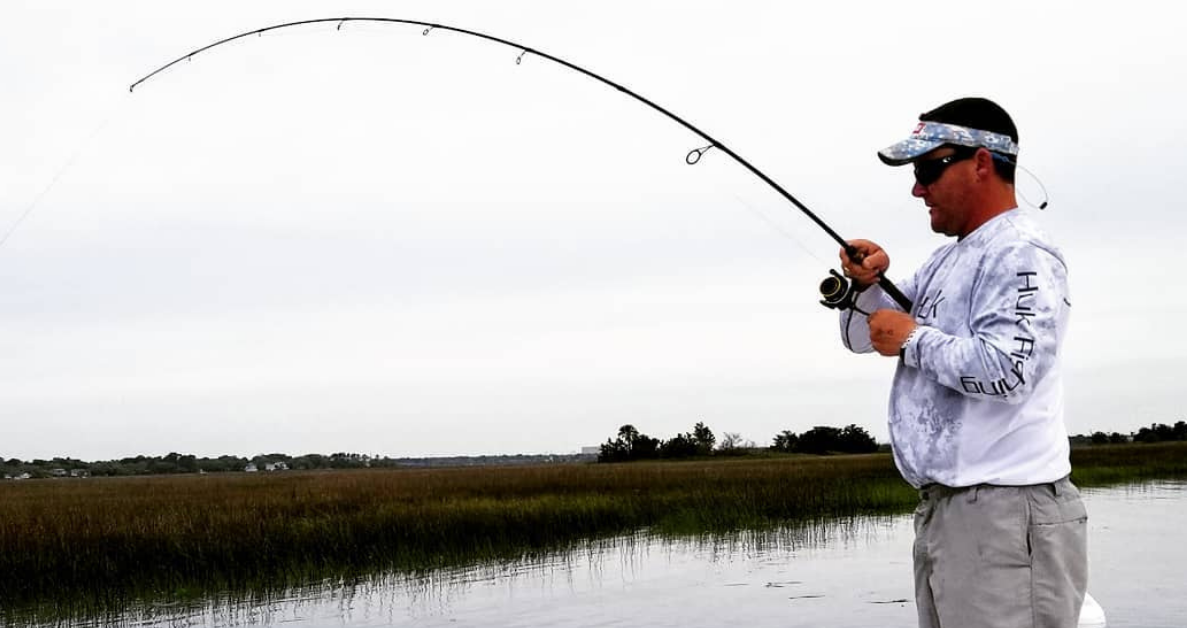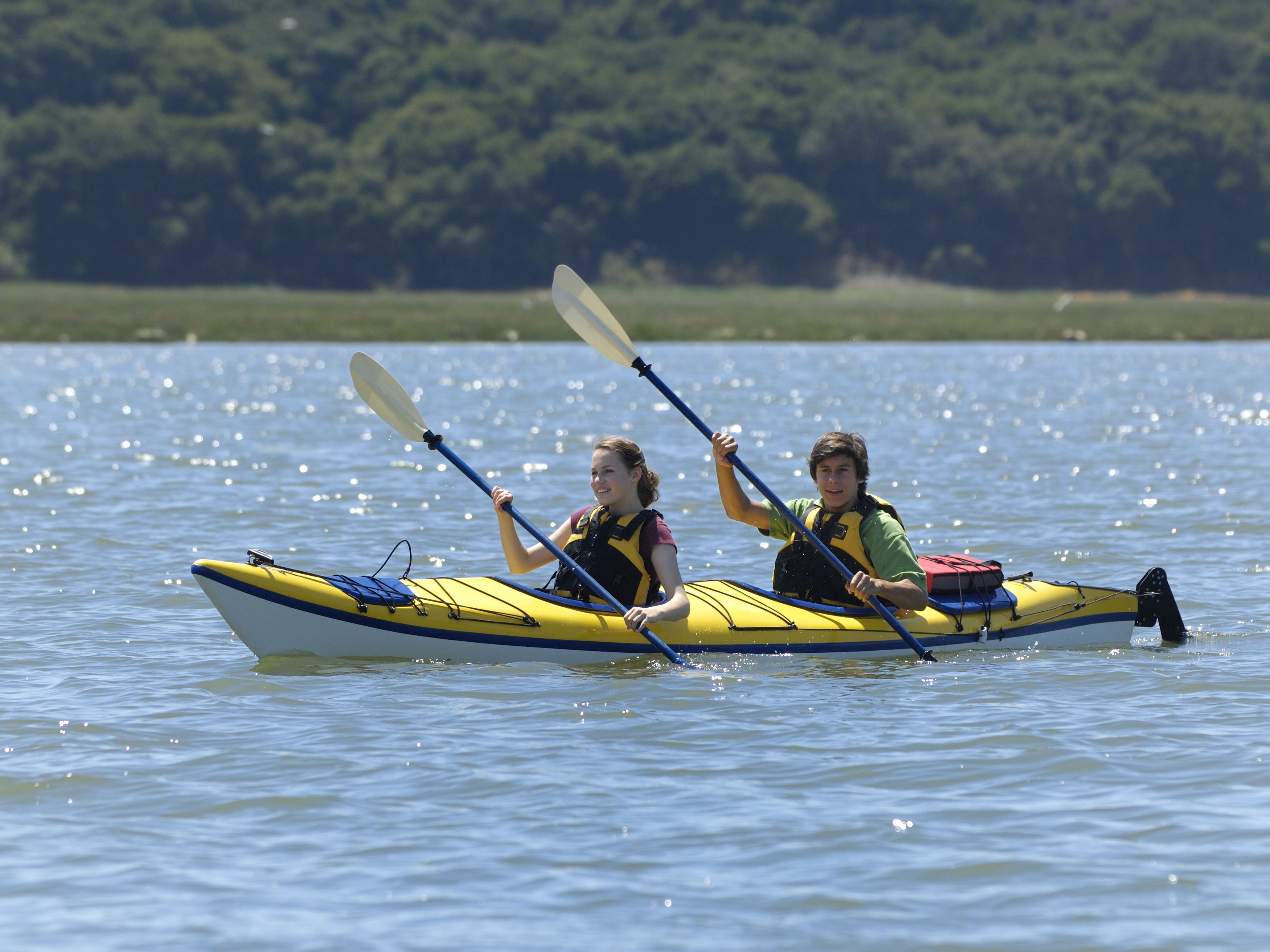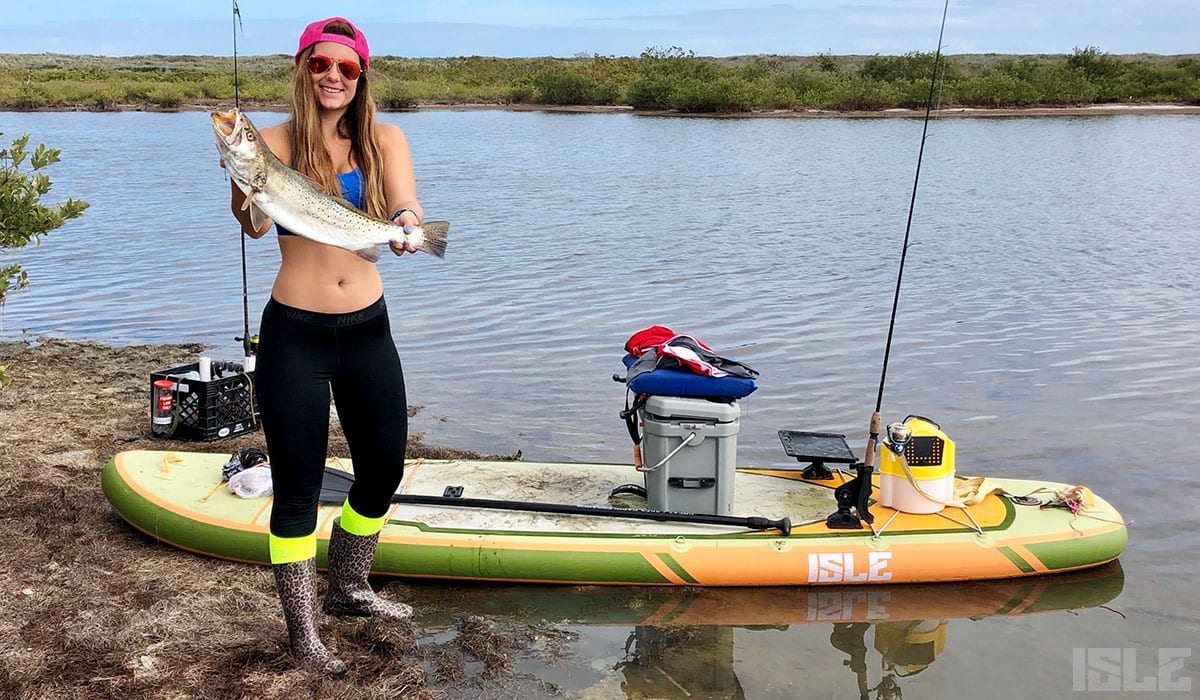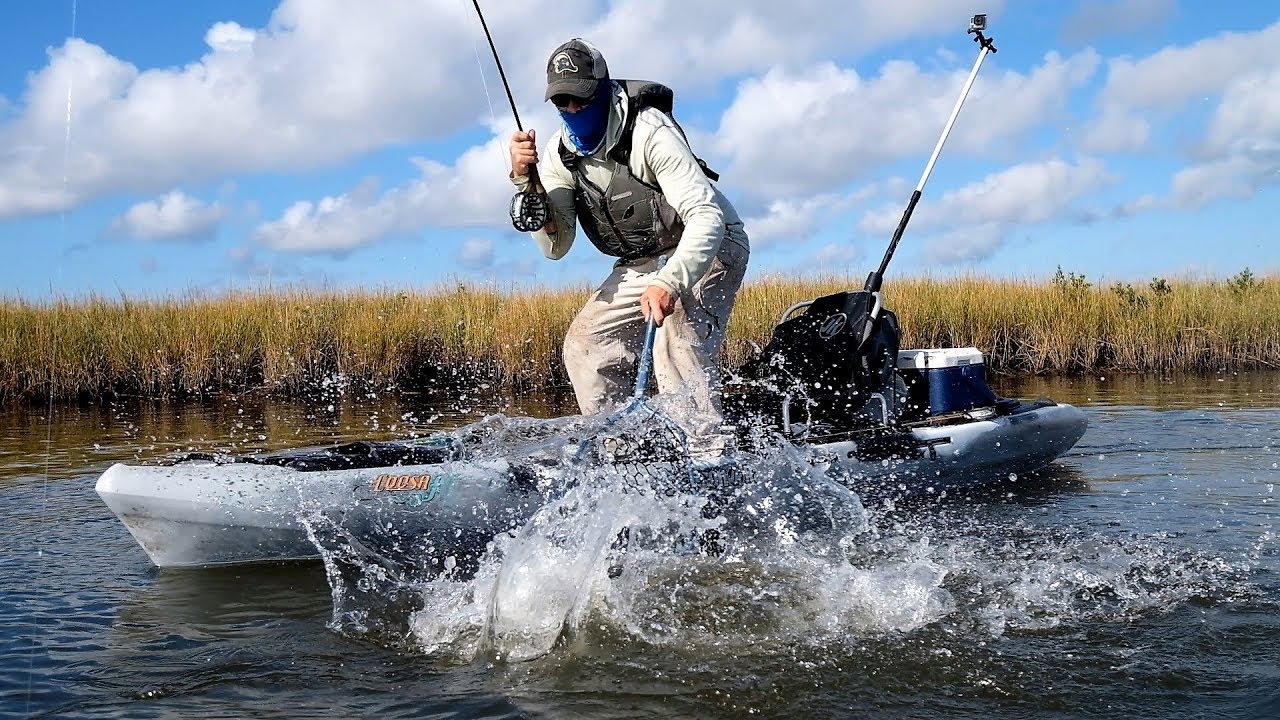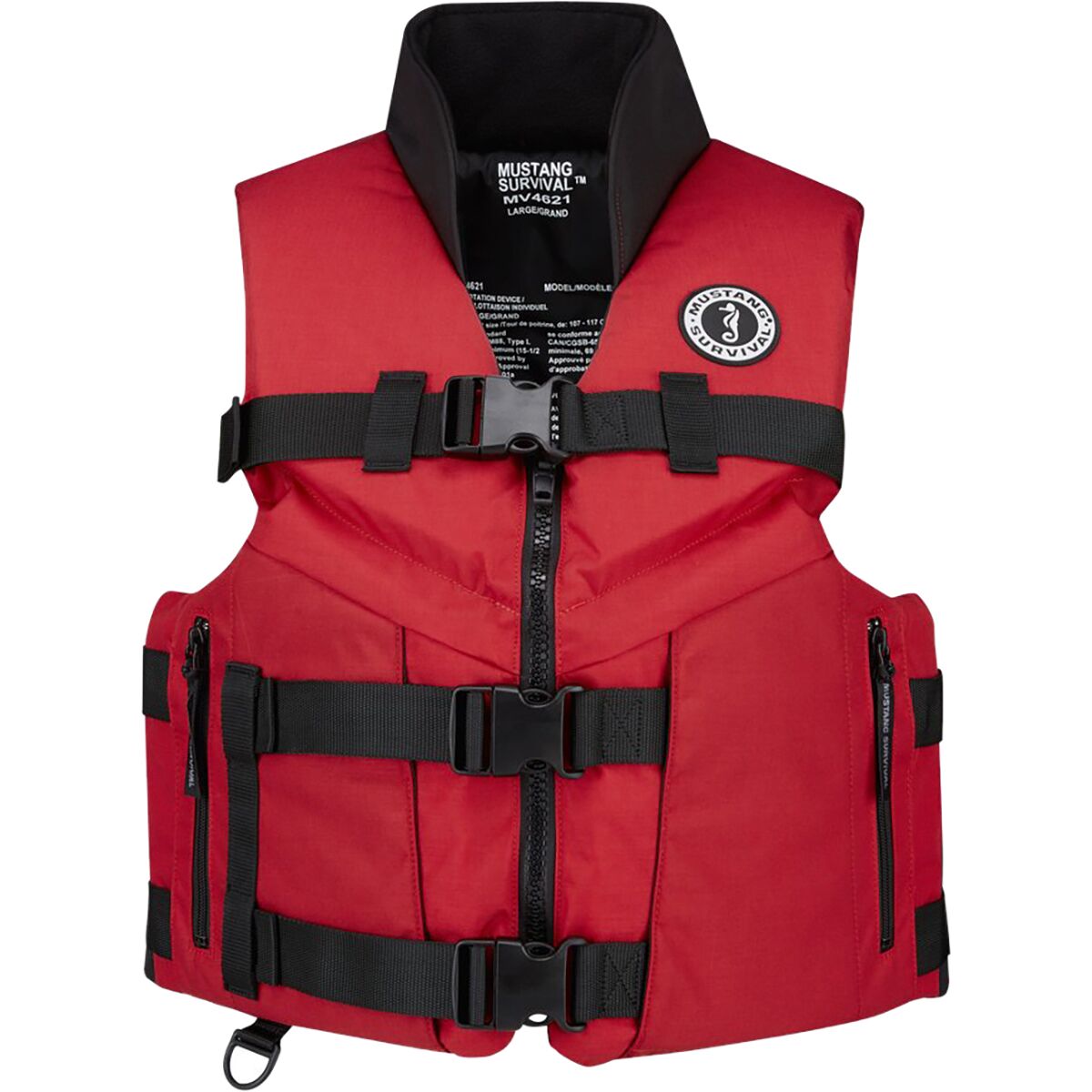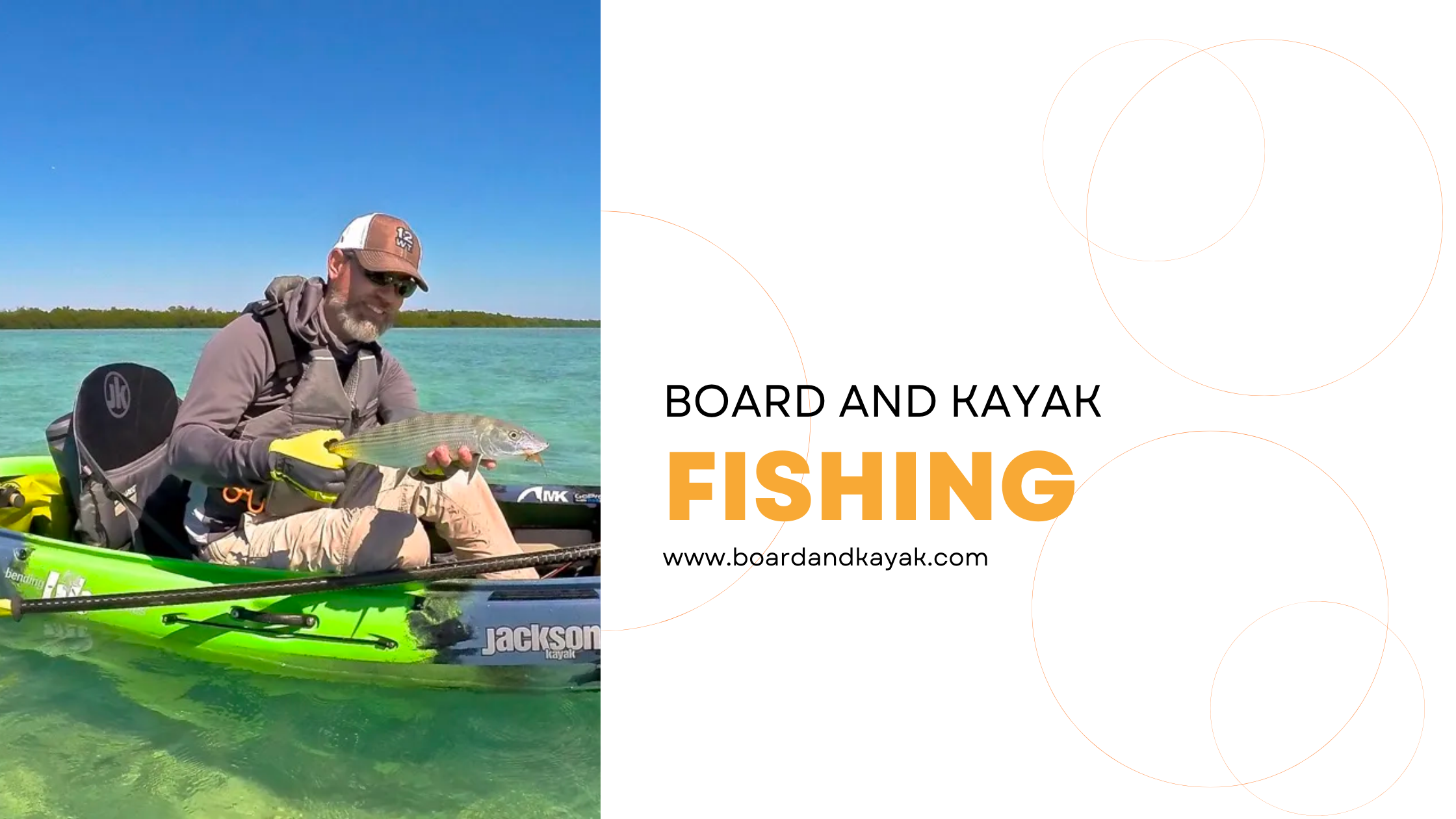
- Alabama
- Alaska
- Arizona
- Arkansas
- California
- Colorado
- Connecticut
- Delaware
- Florida
- Georgia
- Hawaii
- Idaho
- Illinois
- Indiana
- Iowa
- Kansas
- Kentucky
- Louisiana
- Maine
- Maryland
- Massachusetts
- Michigan
- Minnesota
- Mississippi
- Missouri
- Montana
- Nebraska
- Nevada
- New Hampshire
- New Jersey
- New Mexico
- New York
- North Carolina
- North Dakota
- Ohio
- Oklahoma
- Oregon
- Pennsylvania
- Rhode Island
- South Carolina
- South Dakota
- Tennessee
- Texas
- Utah
- Vermont
- Virginia
- Washington
- West Virginia
- Wisconsin
- Wyoming
Understanding Light Tackle Fishing: A Comprehensive Guide
Light Tackle Fishing
Light tackle fishing often evokes images of fragile rods, tiny baits, and 2-pound test lines. However, it's not always so. Light tackle refers to a cohesive system of light lines paired with appropriate rods, reels, and bait sizes. The objective? To make fishing with soft baits efficient and effective.
Debunking Myths About Light Tackle
- It's Not Always About Tiny Baits: Contrary to popular belief, light tackle doesn't equate to using only tiny baits. Many anglers, including me, have various bait sizes at our disposal.
- Strength Matters: Just because the gear is light doesn't mean it lacks strength. The right equipment, like rods with a robust backbone and reels with reliable drags, can easily handle a feisty 5-pound largemouth bass.
- Line Diameter Over Test Rating: It's not just about 2- or 4-pound test lines. Many seasoned anglers favor 6-, 8-, or even 10-pound lines, emphasizing the line's diameter over its test rating.
Why Choose Light Tackle?
- Enhanced Fish Attraction: Using lighter lines and baits, anglers can appeal to a broader segment of the bass population. This results in more strikes and an increased catch rate.
- The Fun Factor: Battling a large bass on light gear is challenging and thrilling. Once you've experienced the adrenaline rush, you'll likely be hooked on the technique for life.
- Versatility: While not advocating for abandoning traditional methods, incorporating light tackle fishing into your repertoire can be a game-changer, especially when conventional techniques aren't working.
Addressing the Concern: Does Light Tackle Harm Fish?
A common misconception is that light tackle fishing stresses fish more, potentially leading to their demise. However:
- Duration of the Fight: While it might take a tad longer to land a fish with light tackle, the difference is negligible in stressing the fish.
- Handling Matters: Most fish mortality can be attributed to mishandling, regardless of the tackle type. Whether using light or traditional gear, handle fish gently and responsibly.
Remember, when we mention "light tackle," we're not just talking about noodle rods. We mean equipment that offers a balance of flexibility and strength, designed to provide sport while ensuring the fish's swift and safe release.
Is light tackle suitable for all anglers, beginners, or veterans?
Absolutely! Light tackle is beneficial for both novices and experienced anglers. Beginners often approach it without pre-existing habits, making it easier to adopt. In contrast, seasoned anglers might have ingrained practices that could be challenging to alter. But regardless of experience, the key is having the desire to learn and the passion for catching more fish. With dedication, you'll see significant improvement and results in no time.
Is light tackle a regional approach, specifically for clear waters?
While West Coast finesse fishing hugely influenced the light-tackle trend due to its clear waters, the technique has gained traction countrywide. Places like the North East and the Deep South have transparent water bodies where light tackle is beneficial. The primary lesson? Light tackle can be a game-changer anywhere, unlocking massive fish-catching potential.
What distinguishes light tackle from ultra-light tackle?
While perceptions vary, light tackle generally covers a broader gear range, sometimes including ultra-light or micro-light tools. Ultra-light tackle, however, is more specific, mainly involving soft-action rods, petite reels, and thinner lines. Both methods prioritize thin lines and smaller baits.
Can bass be caught using a light line?
Definitely! Light line isn't exclusive to smaller fish. With advancements in tackle quality, light line fishing for bass has become more effective and enjoyable. Consistent with more delicate lines can yield impressive results, even during competitions.
Does light line offer multiple techniques?
Light line is highly versatile, allowing numerous tactics designed explicitly for more lightweight gear. Merging West Coast finesse with East Coast strategies creates a robust, consistent approach that maximizes the light line's potential. Being diverse in your techniques, instead of fixating on one, is critical to becoming a well-rounded angler.
Is light tackle ineffective around heavy cover?
Not necessarily. Light tackle can be effective even in heavy cover, though experience plays a crucial role. Navigating tricky terrains requires expertise and an understanding of the gear's limitations. Pre-emptive planning and understanding each fish's behavior can significantly improve your success rate in such areas. Always remember: losing a fish due to heavy cover is better than missing the opportunity altogether.
It's evident from your detailed recounting that light-line tactics have served you exceptionally well in your tournament-angling endeavors. The main takeaways from your experience can be summarized as:
Unconventionality Breeds Success: Using techniques or baits that are less common can be a significant advantage in competitive settings. Fish heavily pressured by conventional methods might be more receptive to something they haven't encountered as frequently.
Quality over Quantity: While light-line methods might be perceived as attracting smaller fish, your experience has shown that it can be just as effective, if not more so, in hooking larger specimens.
Adapting to Conditions: The conditions of a given day, including fishing pressure, weather, and water clarity, often dictate the success of specific techniques. Light-line fishing, especially when the fish are heavily pressured, or the water is clear, can often prove more effective than heavier tactics.
Skills and Equipment Are Complementary: A skilled angler knows when to use which technique. While skills and intuition play a significant role, the choice of gear and tactics can significantly augment success. Your dedication to crafting unique light-tackle lures demonstrates the synergy between equipment and skill.
Image and Reality: There's often a disparity between an angler's public image and their private techniques. Many might dismiss light-line tactics because of their perceived "sissy" image, but when it comes down to results, especially in challenging conditions, it's a strategy that can't be overlooked.
Persistence and Belief: Your journey underscores the importance of sticking to one's beliefs and methods, especially when they prove successful. The initial skepticism from your peers turned into admiration and curiosity, a testament to the power of results over perception.
Sponsor Influence on Pros: Professional fishermen have obligations to their sponsors. This means that their gear recommendations may sometimes be driven more by contractual obligations rather than what they believe is the most effective tool for the job.
Historical Success with Light Tackle: Guido Hibdon, Dion Hibdon, and Rick Clunn are examples of pros who have had significant success with light tackle. This challenges the idea that a light kit isn't suitable for professional tournaments.
Challenging Conditions Favor Light Tackle: Light tackle is often the go-to choice for many experienced anglers in difficult fishing conditions. It can be particularly effective for finessing bites from wary fish.
Limitations Exist but are Overblown: While light tackle may not be ideal for every situation, such as heavy cover or intense water, its versatility in many other conditions is often underestimated.
Casting Accuracy: With practice, light tackle can allow for pinpoint accuracy, enabling an angler to target specific spots other techniques might struggle with.
Versatility is Key: It's crucial for anglers not to become too attached to one particular method or technique. Being flexible and adaptable on the water is the hallmark of a successful angler.
Practice and Experience Matter: Like any other skill, proficiency with light tackle comes with time and practice. Those who dismiss it without giving it a fair shot limit their potential.
